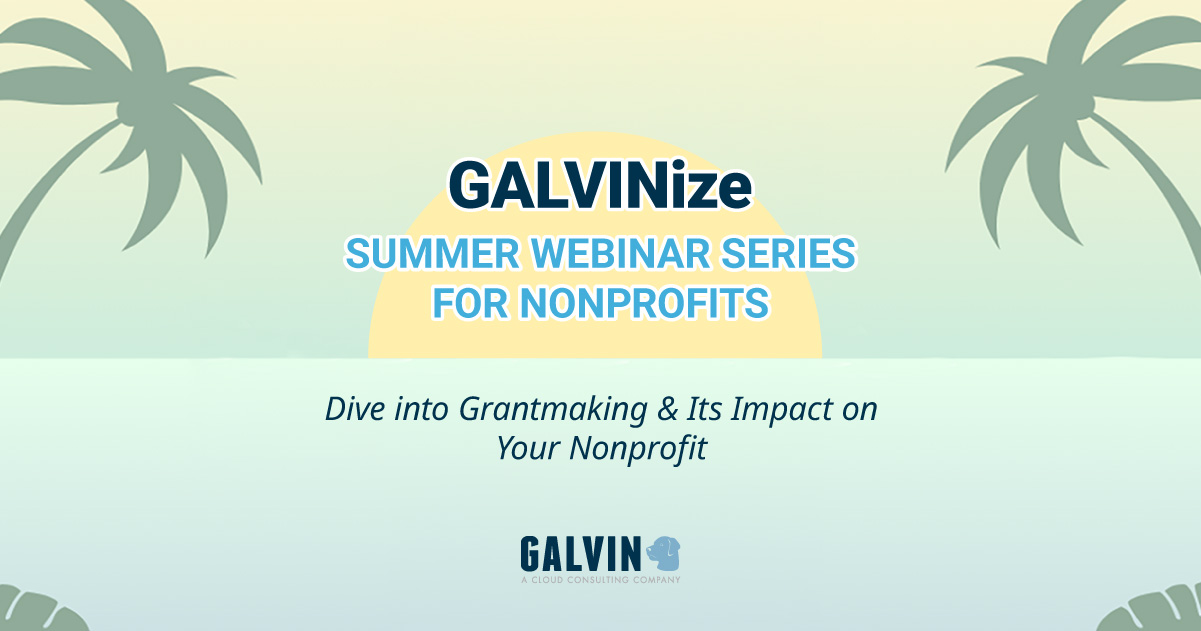The Science of Social Selling
‘Social selling’ is one of the most common terms used in marketing.
It is not necessary that sellers have to be tech savvy in order to execute their social selling plans. Even with no technical knowledge,
On the other hand, due to vast information being easily available through internet, consumers may have turned into smart buyers. Now before purchasing any product or service, they carefully asses it and observe the seller’s attitude towards the product or service being sold. Once they are assured that the product or service is reliable, they may proceed with the purchase.
What the basis of science of social selling?
A few years back, Researchers at University of British Columbia conducted a study on marketing campaigns and found out that incidental similarities amongst buyers and sellers is sufficient to establish close relationships between them. This in turn, can motivate buyers to make purchases from those sellers with whom they share common interests.
Although similarities between the sellers and buyers are incidental in nature, but they engage buyers in interesting discussions with the sellers and motivate them to continue their relationship in the future as well. An example of social selling is that employees at Hilton Hotels and Disney theme parks usually wear nametags that display names of their hometowns besides showing their names to ensure that customers notice them and engage in conversations regarding their hometowns with them.
Hence, it would not be incorrect to say that success of a business may largely depend on its science of social selling. Sellers need to spot the common interests while communicating with the buyers and engage them in pleasing or amusing conversations in order to create personal relationships with them. This way they can leave an everlasting and positive impact on the consumers.













